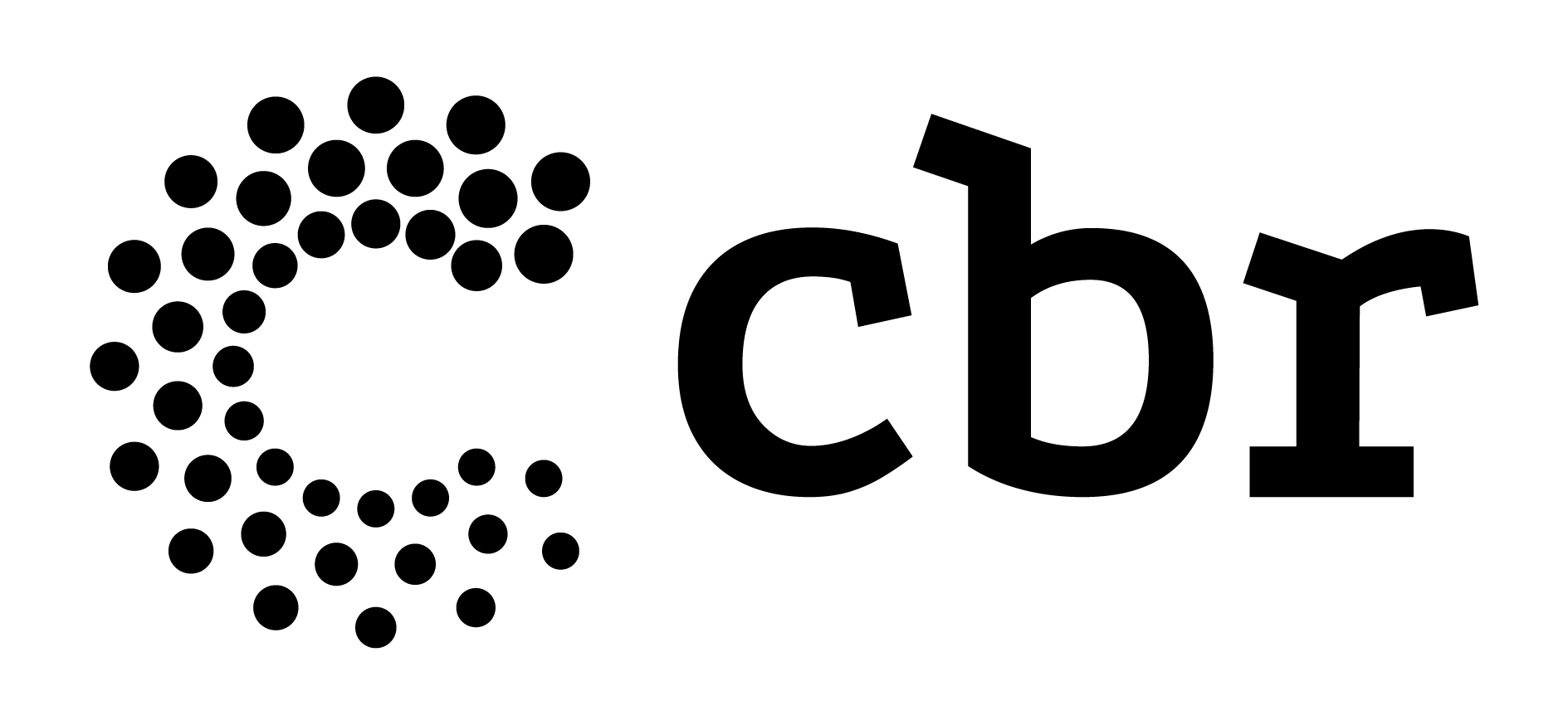Medical residency is a modality of postgraduate teaching, characterized by in-service training, under the guidance of professionals with high ethical and professional qualifications. Within the scope of this relationship, therefore, it is essential to supervise the teaching of residents, thus creating a preceptor-apprentice/student-teacher bond.
Thus, as the preceptor is the supervisor of medical procedures and is responsible for the distribution of activities, it is up to him to demonstrate and guide, assessing the progression of the resident's skills, and then delegate more complex tasks, establishing responsibilities and action strategies.
In this sense, it should be noted that in the Competence Matrix of Radiology and Diagnostic Imaging, approved by the CNRM and prepared jointly with the CBR, the purpose of residency in the area of Radiology is to train specialists to work in all forms of medical imaging, so that each year of residency more complex activities are proposed to develop each of the skills of future specialists.
Despite all supervision and guidance, it is the understanding of CFM that the Resident Physician has the necessary knowledge to treat the patient and assumes direct responsibility for the consequences resulting from his/her actions. On the other hand, we have the preceptor's ethical responsibility for medical acts performed by Residents under his supervision, called Shared Responsibility.
In this sense, CFM opinions (CFM opinions nº: 13/2002 and 3/1992) and the CRM's recognize the shared responsibility between the preceptor and the resident physician in the practice of the medical act performed during training in the medical residency program.
It should be clarified that the expression “Medical Residency” object of this article must be faced broadly, lato sensu, thus contemplating the improvement courses.
Furthermore, it should be noted that even if the resident doctor can perform the examination and prepare/sign the report autonomously, due to this need for supervision inherent in the Residency Program, which generates a shared responsibility, it is prudent to review the report and of the work developed, with the respective signature, by the preceptor, holder of specialization in radiology.
As the responsibility is shared, both the Resident Doctor and the Preceptor are liable to respond ethically civilly and even criminally for medical acts performed, and the review of the report and signature of both professionals will be able to define, in a safer way, those responsible for the its elaboration and supervision, attributing eventual responsibility to those who effectively participated – or should have participated – in the accomplishment of the act.
CBR Legal Advice




